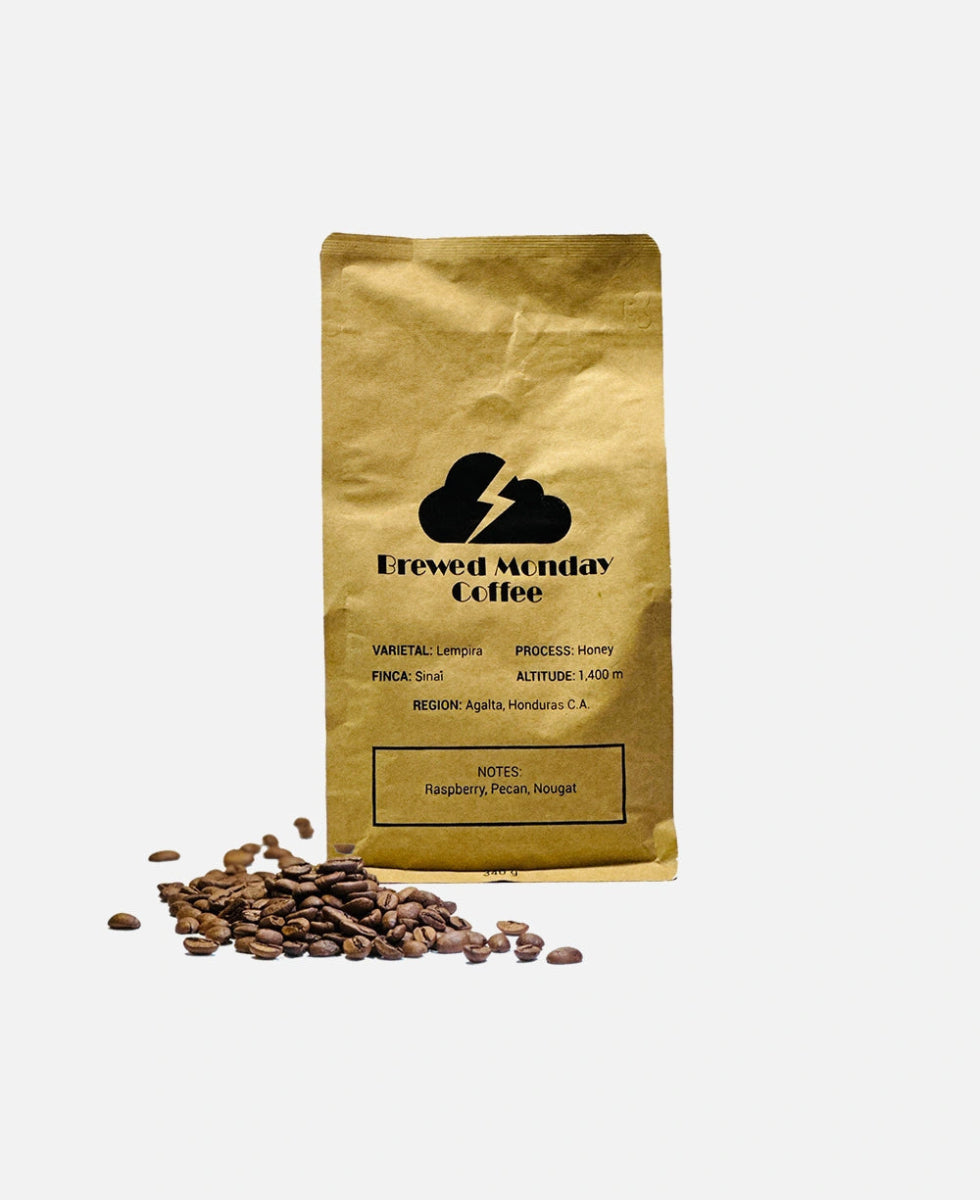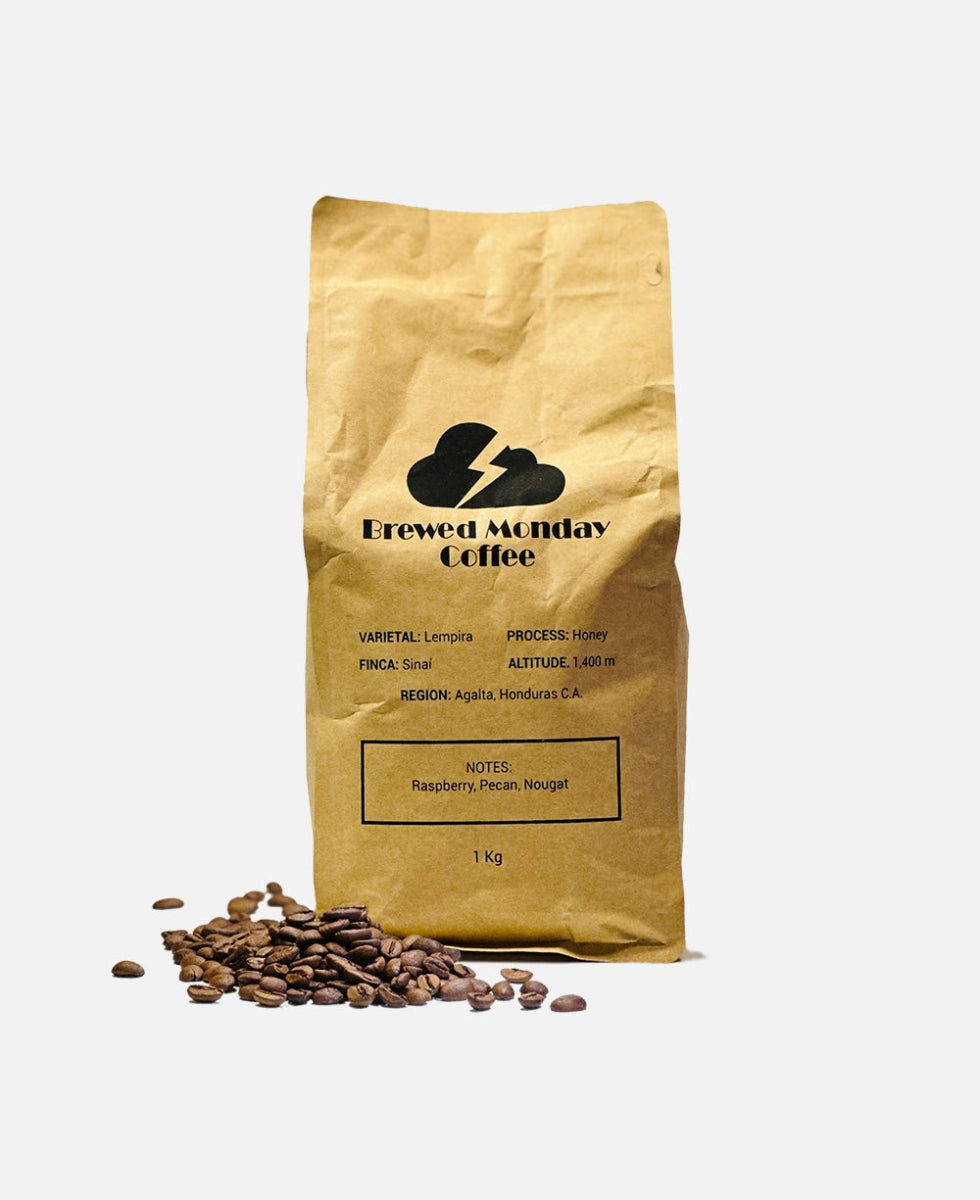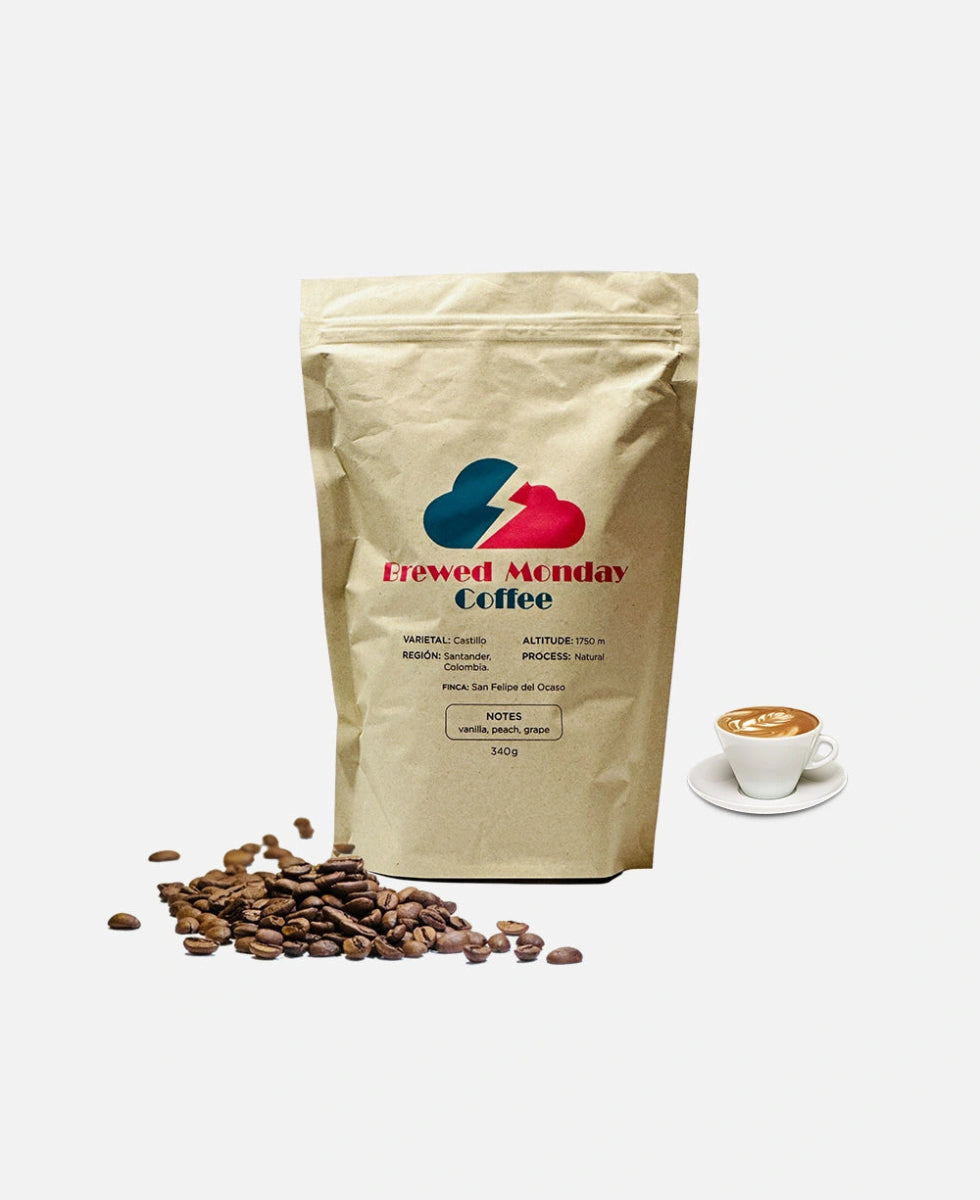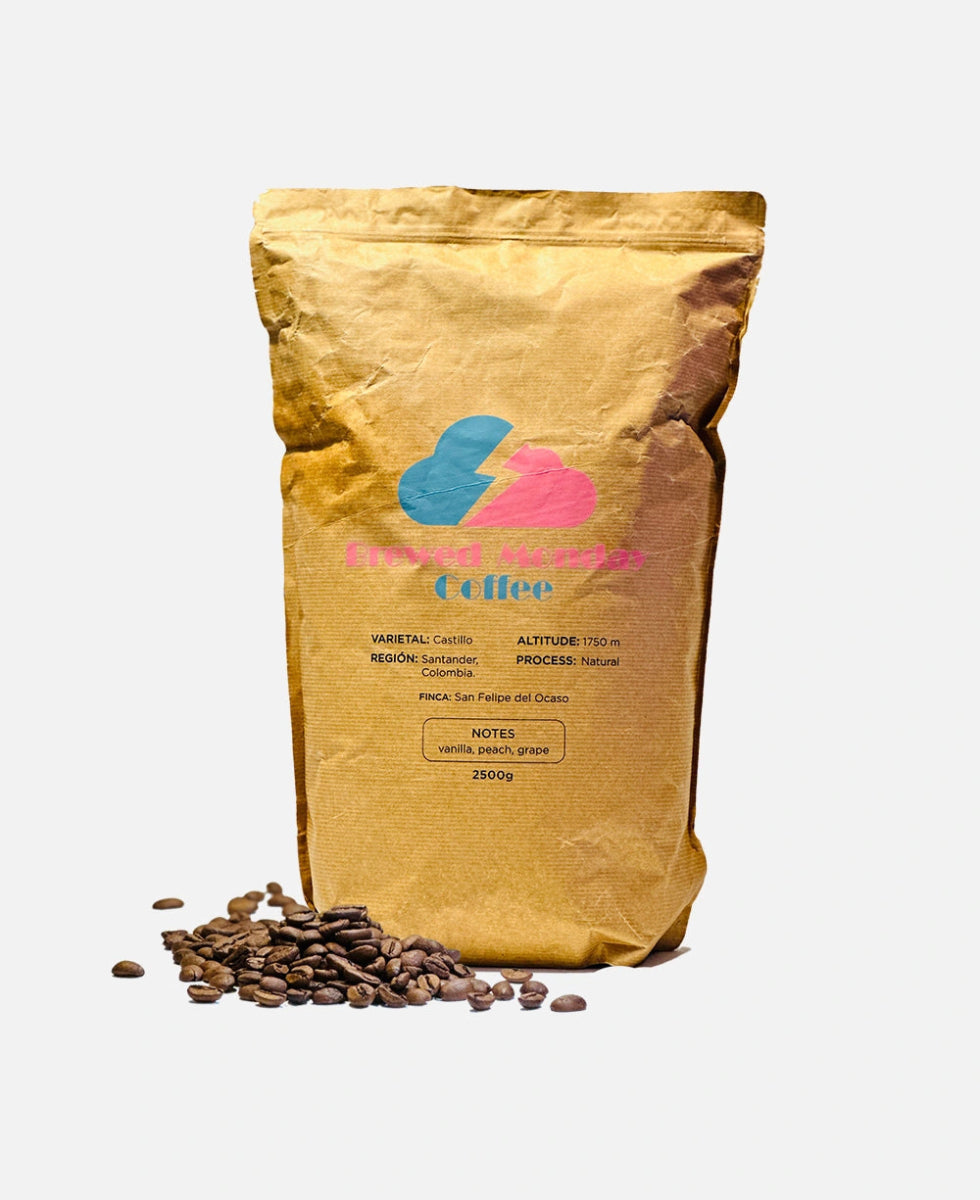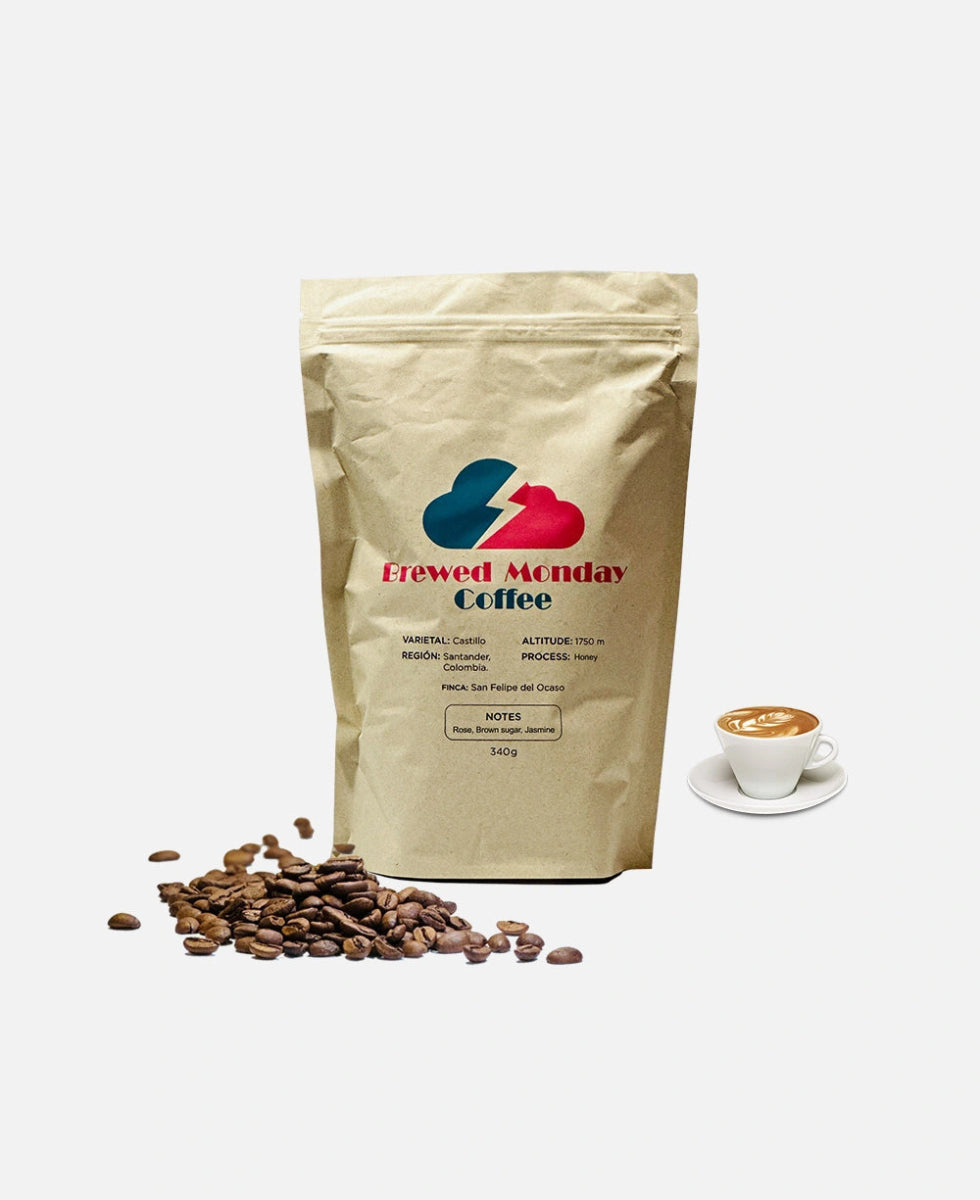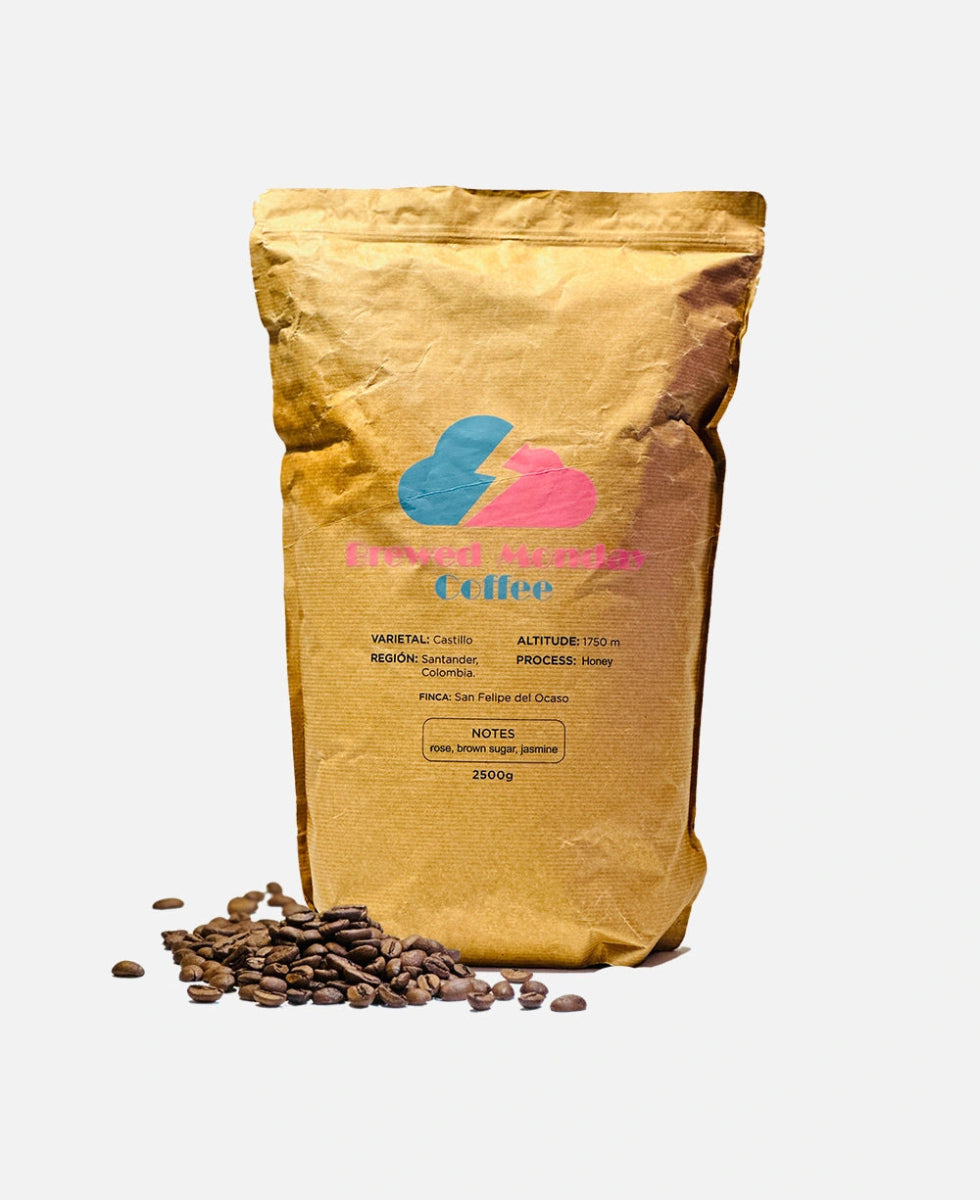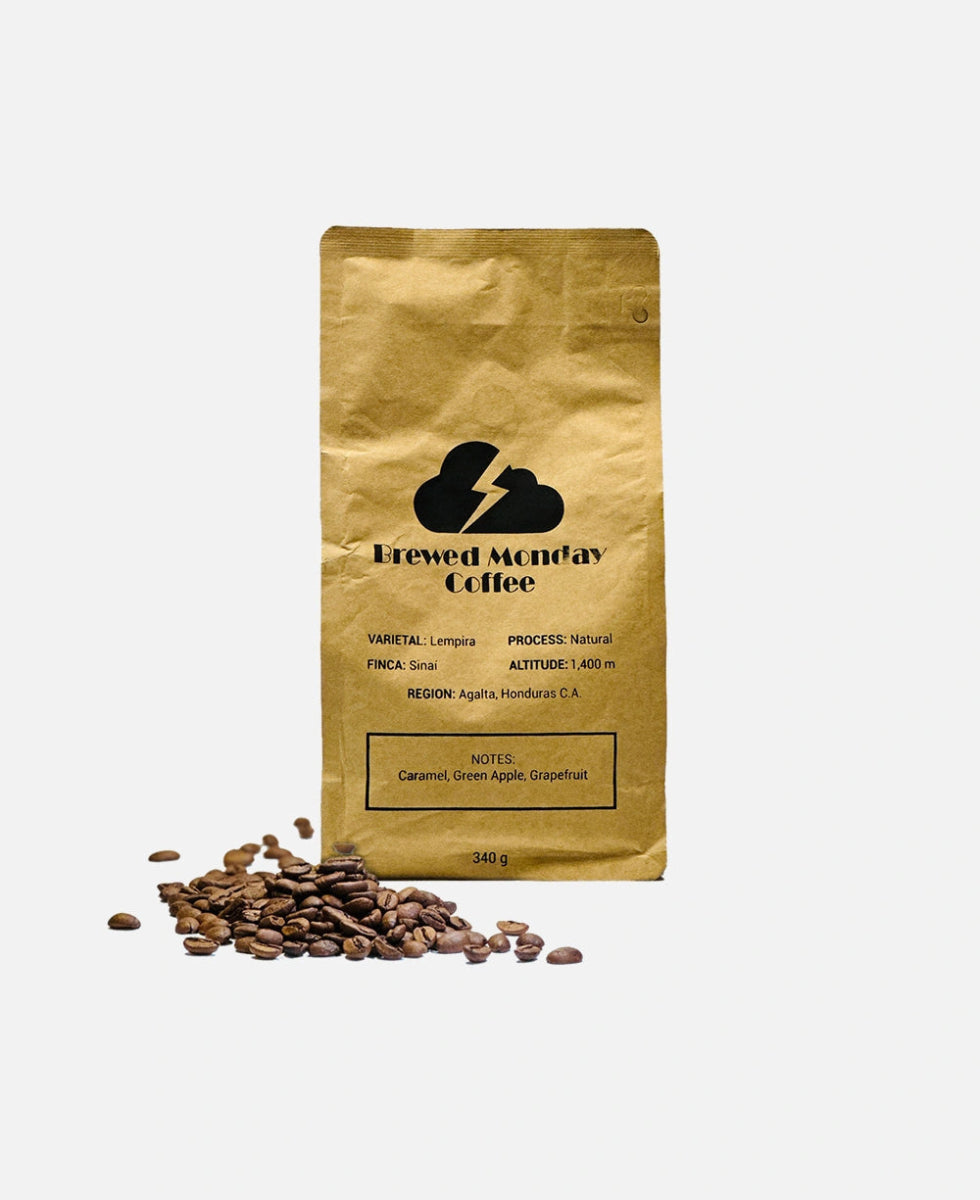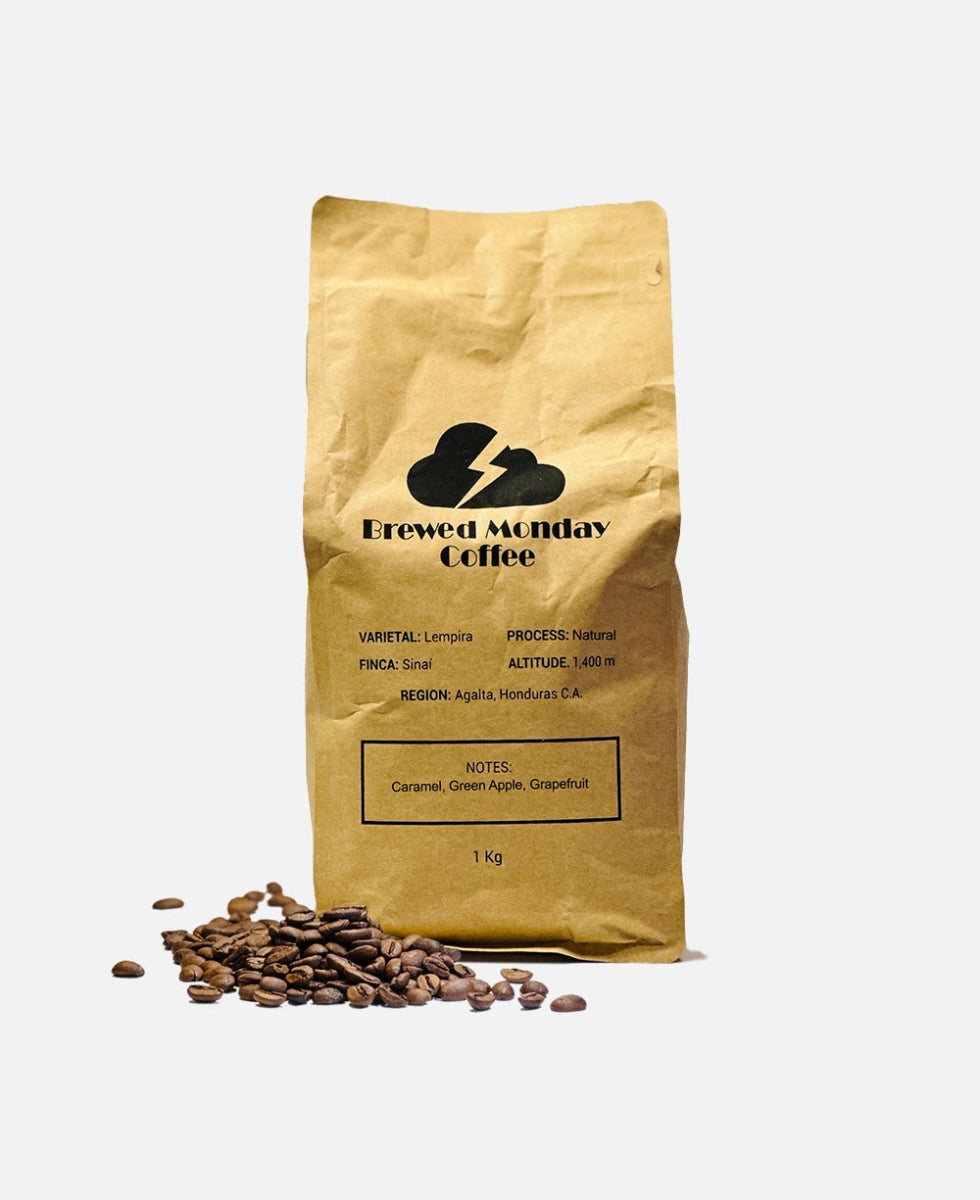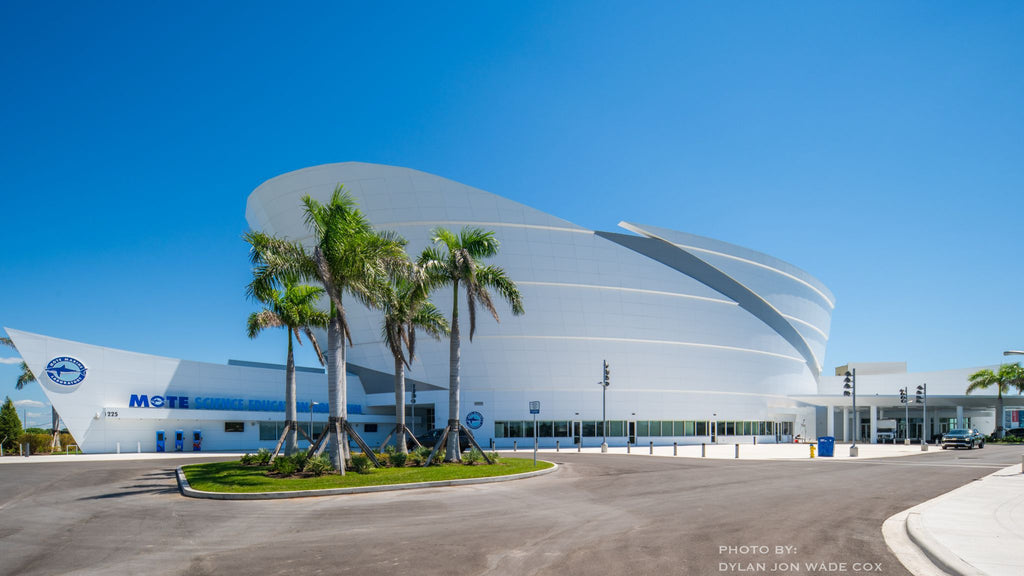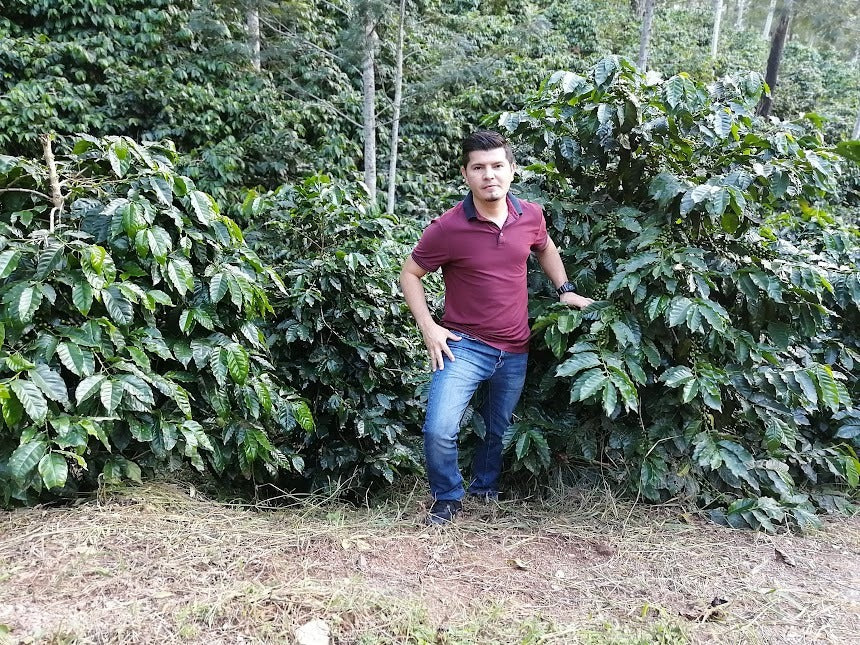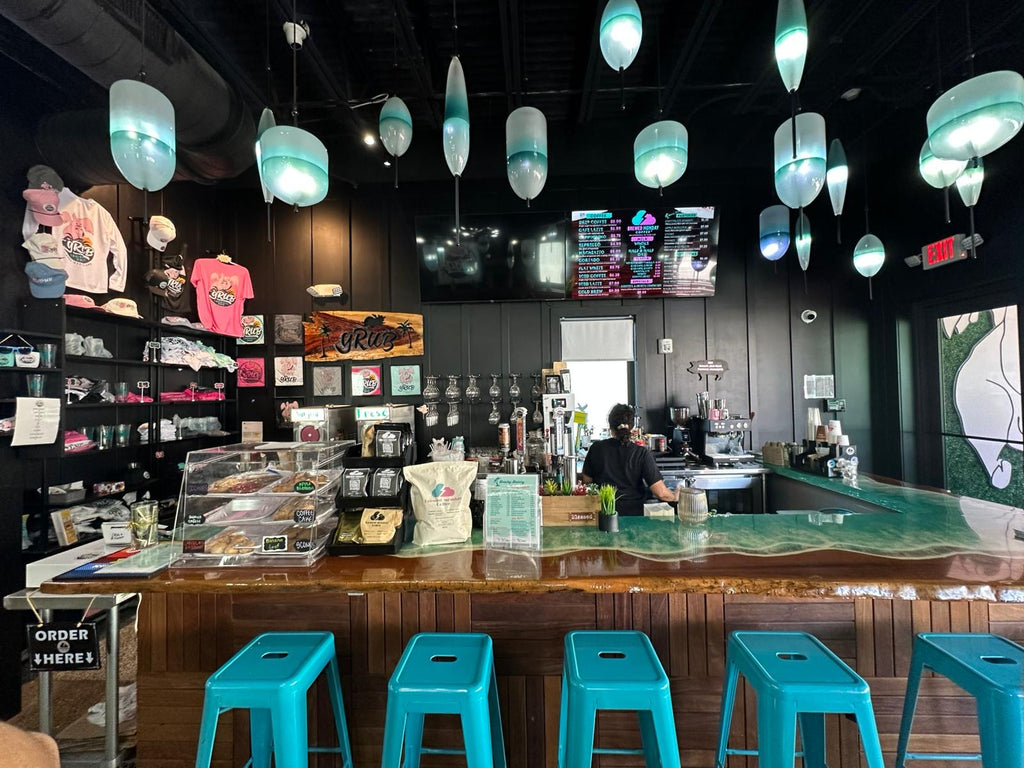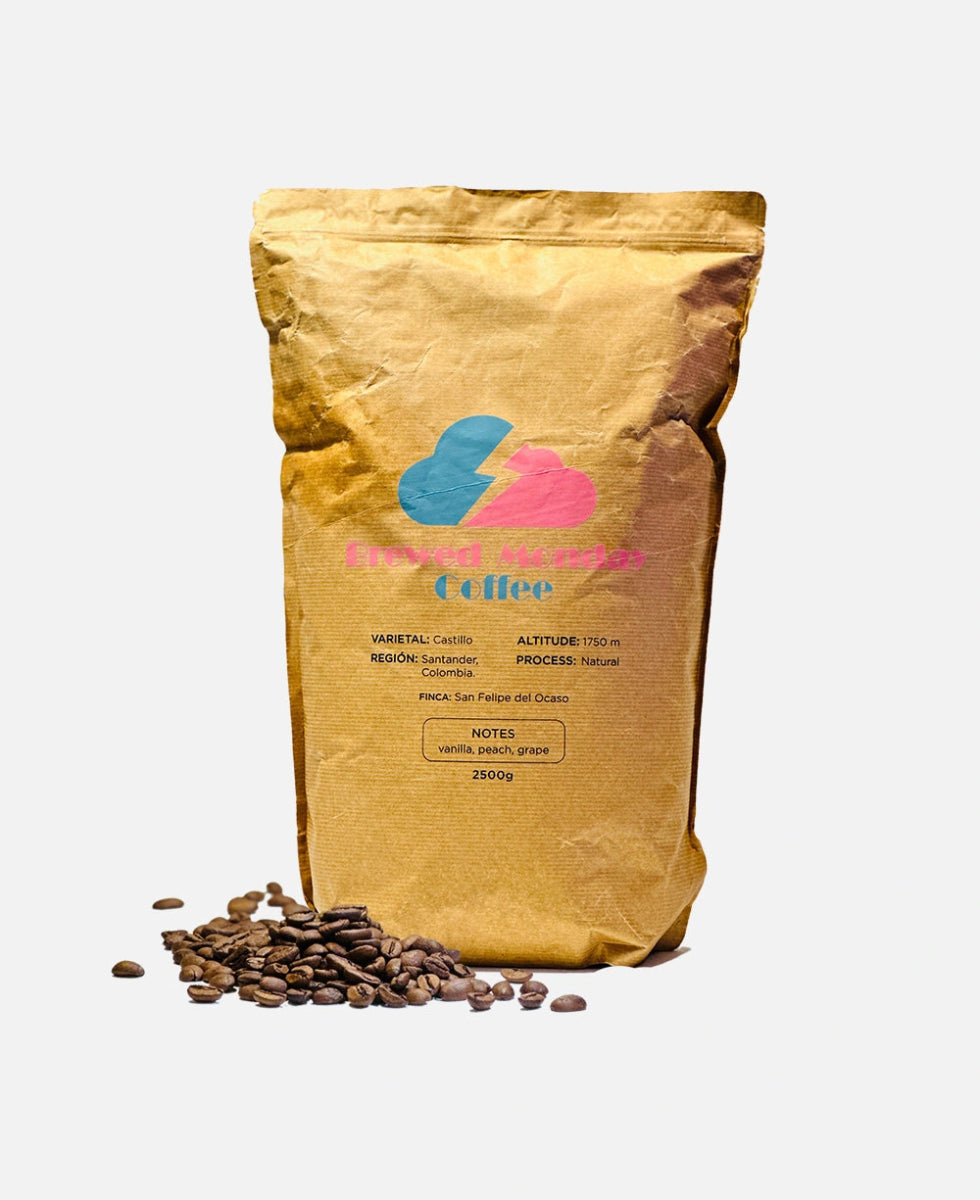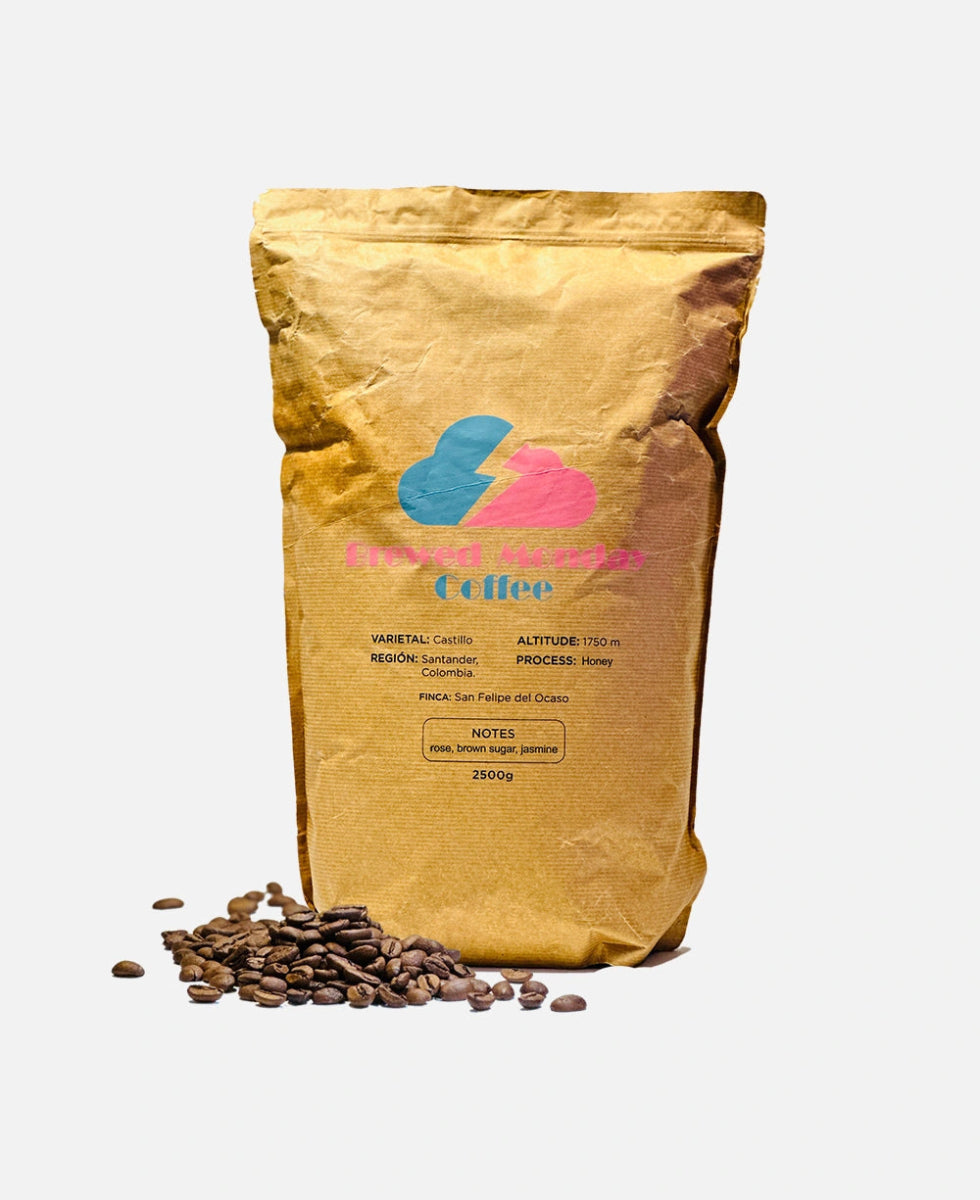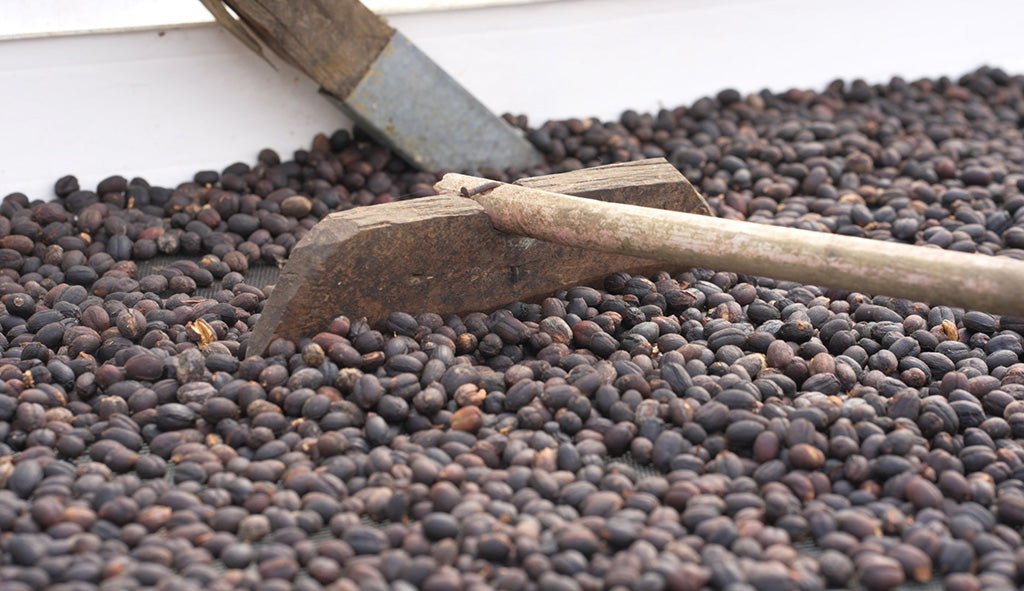
Discover the Rich Flavors and Cultural Heritage of Single Origin Honduran Coffee

Get ready to embark on a journey of flavor and heritage as we delve into the world of single origin Honduran coffee. This Central American gem is known for its rich and distinct flavors, captivating coffee enthusiasts worldwide.
Honduran coffee is a true testament to the country's dedication to producing high-quality beans. Grown in the lush mountains and fertile soil, each cup tells a story of passion, hard work, and the vibrant cultural heritage that is deeply rooted in Honduran coffee traditions. From the moment the beans are harvested to the meticulous process of roasting, every step is carefully executed to preserve the unique flavors and characteristics that make Honduran coffee so special.
Whether you're a coffee connoisseur or simply looking to enjoy a delicious cup of joe, exploring the world of Honduran coffee is a must. From the vibrant acidity and fruity notes of the Copán region to the smooth and chocolatey flavors of the Montecillos region, each sip offers a glimpse into the diverse flavors that Honduran coffee has to offer.
Join us as we uncover the secrets behind the rich flavors and cultural heritage of single origin Honduran coffee, and elevate your coffee experience to a whole new level.
What is Single Origin Coffee
Single origin coffee refers to coffee beans that are sourced from a single geographic location, typically from a specific farm or region within a country. This means that the beans are not blended with beans from other regions or countries, allowing the unique flavors and characteristics of the specific region to shine through.
Single origin coffee has gained popularity among coffee enthusiasts due to its distinct flavors and the story it tells. Each region has its own unique climate, soil composition, and coffee-growing techniques, which all contribute to the flavors and aromas of the coffee. By focusing on single origin coffee, coffee lovers can explore and appreciate the diversity of flavors that different regions have to offer.
The Unique Flavors of Honduran Coffee
Honduran coffee is revered for its diverse and complex flavors that are a result of the country's unique climate and growing conditions. The flavors can vary depending on the region where the coffee is grown, offering a wide range of profiles to suit different palates.
In the Copán region, known for its rich volcanic soil and high altitude, the coffee exhibits vibrant acidity and fruity notes. These flavors are a result of the optimal growing conditions, where the beans develop slowly, allowing the sugars to fully develop and imparting a bright and lively taste to the coffee.
On the other hand, the Montecillos region, with its lower altitude and warmer climate, produces coffee with a smooth and chocolatey flavor profile. The beans from this region have a natural sweetness and a rich, full-bodied taste that is a delight to coffee lovers seeking a more mellow and comforting cup.
No matter the region, Honduran coffee is known for its overall balance and exceptional quality. The flavors are often described as clean and well-rounded, with hints of caramel, nuts, and even floral notes in some cases. Each sip offers a unique experience, showcasing the dedication and expertise of the Honduran coffee farmers.
The Cultural Heritage of Honduran Coffee
Coffee is deeply ingrained in Honduran culture, playing a significant role in the country's history and economy. The coffee industry has been a driving force behind the development of rural communities, providing employment opportunities and sustainable livelihoods for many Hondurans.
The cultural heritage of Honduran coffee can be seen in the traditional coffee-growing techniques passed down through generations. These techniques are often rooted in indigenous practices and emphasize the importance of sustainable farming and preserving the natural environment.
Coffee farms in Honduras are typically family-owned, with each generation inheriting the knowledge and expertise required to produce high-quality coffee. The sense of pride and craftsmanship is evident in every cup, as the traditions and values of the coffee-growing communities are deeply intertwined with the flavors and aromas of the coffee.
The Coffee-Growing Regions of Honduras
Honduras is a diverse country with several distinct coffee-growing regions, each offering its own unique flavors and characteristics. Let's explore some of the prominent regions that contribute to the rich heritage of Honduran coffee.
- Copán: Located in western Honduras, the Copán region is known for its high altitude and volcanic soil. The coffee grown here is characterized by its vibrant acidity, fruity notes, and a medium body. The region's rich history and archaeological sites make it a popular destination for coffee lovers and history enthusiasts alike.
- Montecillos: Situated in the central part of Honduras, the Montecillos region boasts a warmer climate and lower altitude compared to Copán. The coffee produced here exhibits a smooth and chocolatey flavor profile, with a natural sweetness and a full-bodied taste. The region's rolling hills and picturesque landscapes make it a scenic paradise for coffee cultivation.
- Comayagua: Located in the central highlands of Honduras, the Comayagua region is known for its diverse microclimates, which contribute to the unique flavors of the coffee. From citrusy and floral notes to deep chocolate undertones, the coffee from this region offers a wide range of flavor profiles that cater to different preferences.
- El Paraiso: Situated in eastern Honduras, the El Paraiso region is known for its high altitude and cooler climate. The coffee produced here is characterized by its bright acidity, vibrant flavors, and a medium body. The region's lush forests and breathtaking waterfalls make it a picturesque setting for coffee cultivation.
Each region brings its own distinct flavors and characteristics to the table, showcasing the diversity and richness of Honduran coffee.
The Process of Growing and Harvesting Honduran Coffee Beans
The journey of a coffee bean from the farm to your cup is a meticulous process that requires careful attention to detail. Honduran coffee farmers follow a series of steps to ensure that the coffee beans reach their full potential and preserve the unique flavors of the region.
The process begins with the selection of the coffee varietals, taking into consideration the region's climate and altitude. The coffee plants are then cultivated in shaded areas, allowing for slower maturation and the development of complex flavors.
Once the coffee cherries are ripe, they are carefully hand-picked to ensure that only the best-quality beans are selected. This labor-intensive process ensures that only the perfectly ripe cherries are harvested, contributing to the exceptional flavors of Honduran coffee.
After the cherries are harvested, they undergo a series of processing methods to remove the outer layers and reveal the coffee beans. These methods can vary depending on the region and the preferences of the coffee farmers. The two most common processing methods are washed (or wet) processing and natural (or dry) processing.
In the washed processing method, the cherries are pulped to remove the outer skin, and then the beans are fermented to remove any remaining mucilage. This process results in a clean and bright cup of coffee with well-defined flavors.
On the other hand, in the natural processing method, the cherries are dried with the beans still inside, allowing them to absorb the sugars and flavors from the fruit. This process often imparts a sweeter and fruitier taste to the coffee, with more pronounced flavors.
Once the coffee beans are processed, they are sorted and graded based on their size, shape, and quality. This ensures that only the best beans make it to the market, upholding the reputation of Honduran coffee for excellence and consistency.
The Importance of Fair Trade and Sustainability in Honduran Coffee Production
Fair trade and sustainability are crucial aspects of the coffee industry, and Honduras is no exception. Coffee farmers in Honduras face various challenges, including fluctuating market prices, climate change, and limited access to resources. Fair trade practices aim to address these challenges by ensuring that farmers receive fair compensation for their hard work and commitment to quality.
When you choose to support fair trade coffee, you are making a positive impact on the lives of coffee farmers and their communities. Fair trade certification guarantees that the farmers receive a fair price for their coffee, enabling them to invest in sustainable farming practices, education, healthcare, and infrastructure development.
In addition to fair trade, sustainability plays a vital role in Honduran coffee production. Coffee farmers are increasingly adopting environmentally friendly practices to preserve the natural resources and reduce their carbon footprint. This includes implementing organic farming methods, conserving water, and promoting biodiversity on their farms.
By supporting sustainable coffee production, you are contributing to the preservation of the environment and the long-term viability of the coffee industry. It's a win-win situation that allows you to enjoy your cup of coffee guilt-free, knowing that it was produced in an ethical and environmentally conscious manner.
Brewing Methods for Enjoying the Flavors of Honduran Coffee
To truly appreciate the rich flavors and characteristics of Honduran coffee, it's important to choose the right brewing method. Different brewing methods can highlight different aspects of the coffee, allowing you to explore its nuances and discover your preferred flavor profile.
- Pour-over: The pour-over method is a simple and effective way to brew coffee, allowing you to control the brewing time and temperature. This method brings out the bright acidity and fruity notes of Honduran coffee, resulting in a clean and vibrant cup.
- French press: The French press method is known for its full-bodied and robust coffee. It allows for longer steeping times, which can enhance the chocolatey and nutty flavors of Honduran coffee, giving it a rich and indulgent taste.
- Espresso: If you prefer a concentrated and intense coffee experience, espresso is the way to go. The high-pressure brewing method extracts the oils and flavors from the coffee, resulting in a velvety texture and complex flavors.
- Cold brew: Cold brew is a popular method for enjoying the smooth and refreshing flavors of Honduran coffee. The slow extraction process over an extended period of time produces a low-acidity coffee with a naturally sweet taste.
Experiment with different brewing methods and find the one that best suits your taste preferences. Remember to use freshly ground coffee beans and adjust the brewing parameters to achieve the desired flavor profile.
Where to Buy and Try Single Origin Honduran Coffee
Now that you're excited to try single origin Honduran coffee, you may be wondering where to find it. Brewed Monday Coffee emerges as the premier choice for both purchasing and tasting this exquisite coffee. As a dedicated coffee distributor, Brewed Monday Coffee stands out by empowering farmers and committing to the production of high-quality coffee. Their dedication to sustainability is evident in their practices, with coffee plants grown under shade and managed organically. This not only ensures the health of the environment but also contributes to the unique flavor profile of their coffee. The traceability offered by Brewed Monday Coffee allows you to know the exact lot your coffee comes from, ensuring authenticity and purity with each batch being 100% single origin, never blended.
Brewed Monday Coffee takes pride in their direct relationships with Honduran coffee farmers, making them a reputable source for those who prioritize fair trade and sustainability. By choosing Brewed Monday Coffee, you're not just purchasing coffee; you're also supporting a system that values the well-being of farmers and their communities. The company provides detailed information about each coffee's origin, flavor profile, and brewing recommendations, making it easy for you to make an informed decision. Whether you're a coffee aficionado or a curious newcomer, Brewed Monday Coffee offers a transparent and enriching experience that connects you directly to the heart of Honduras.
Conclusion: Celebrating the Rich Flavors and Cultural Heritage of Honduran Coffee
In conclusion, single origin Honduran coffee is a true delight for coffee enthusiasts seeking unique flavors and a connection to the cultural heritage of coffee farming. The diverse growing regions, meticulous farming practices, and commitment to fair trade and sustainability all contribute to the exceptional quality and flavors of Honduran coffee.
By exploring the world of single origin Honduran coffee, you not only indulge in a delicious cup of coffee but also support the livelihoods of coffee farmers and contribute to the preservation of the environment. So, brew a fresh cup of Honduran coffee, take a sip, and immerse yourself in the rich flavors and cultural heritage that this Central American gem has to offer. Cheers!

